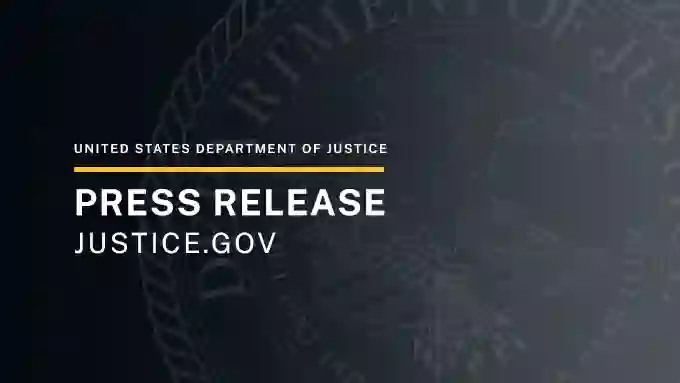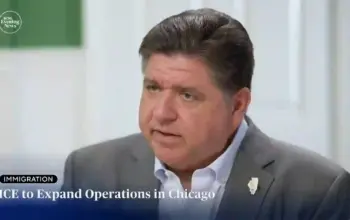Bankruptcy is supposed to be a chance to reset the clock financially—but only if you’re honest about what you own.
A Texas couple recently found that out the hard way after they were caught hiding properties and accounts overseas.
A Secret That Backfired
Hasan Farid Hashmi, a physician, and his wife, Umme Salma Hashmi, filed for Chapter 7 bankruptcy in September 2023.
They claimed they were in over their heads, especially after several hospitals owned by Dr. Hashmi shut down.
On paper, they listed just one big asset—a $2 million home in Dallas—and a couple of U.S. bank accounts with small amounts of money.
They also mentioned creating a trust for their descendants, which Dr. Hashmi controlled, but said they weren’t personally benefiting from it.
But that story didn’t add up.
What Investigators Uncovered
The U.S. Trustee Program’s (USTP) office in Dallas started digging—and what they found told a very different story.
The couple had left out a major chunk of their financial life: multiple bank accounts and properties in both Dubai and Pakistan.
On top of that, they’d been using funds from the “descendant trust” for their own personal expenses—despite saying they had no stake in it.
Facing the Consequences
The situation escalated in February 2024, when the USTP filed a formal complaint against the Hashmis.
The list of accusations was long: lying under oath, hiding assets, failing to keep financial records, ignoring court-ordered document requests, and not cooperating with the bankruptcy trustee.
Instead of going to trial, the Hashmis made a last-minute move—just one day before court—they agreed to waive their right to have their $14.6 million in debt discharged.
That means creditors are now free to go after them for repayment, even after the bankruptcy case officially wraps up.
Why Honesty in Bankruptcy Matters
Lisa Lambert, the U.S. Trustee for Region 6 (which covers the Northern District of Texas), made it clear this case sends a message.
“The bankruptcy system depends on transparency,” she said.
“Debtors who intentionally undermine that system should not receive the benefit of a fresh start.”
A Reminder About the Role of the U.S. Trustee Program
This case is just one example of the USTP’s role in keeping the bankruptcy process fair.
The program, which has 88 field offices across 21 regions in the U.S., exists to protect the interests of everyone involved—whether that’s the debtor trying to start over or the creditor hoping to recover what they’re owed.
You can find out more about the USTP and how it works at justice.gov/ust.



